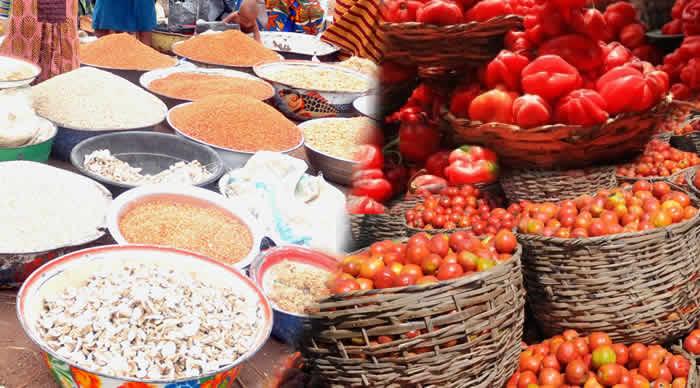CurrentReport Blog The cost of purchasing a healthy diet in Nigeria has surged dramatically, according to the latest data from the National Bureau of Statistics (NBS). The average daily cost of healthy food increased by 32% to N1,041 in May 2024, up from N786 in December 2023.
This significant rise is detailed in the NBS’s latest “Cost of a Healthy Diet” (CoHD) report, released on Friday in Abuja.
Monthly and Regional Breakdown
On a month-by-month basis, the CoHD report indicated a marginal 1% increase from April 2024, where the cost stood at N1,035. This figure represents the minimum cost per adult per day, excluding transportation and meal preparation costs.
A deeper look into state-level data revealed that Ebonyi, Abia, and Anambra had the highest costs for maintaining a healthy diet, priced at N1,225, N1,215, and N1,205 per day, respectively. In contrast, Kano had the lowest CoHD at N898, closely followed by Jigawa at N899, and both Yobe and Katsina at N906.
When analyzed by zones, the South-West and South-East regions bore the highest costs for a healthy diet, averaging N1,189 and N1,190 per day, respectively. Meanwhile, the North-West reported the lowest average cost at N919 per adult per day.
Drivers of the Cost Increase
The NBS attributed the overall rise in the CoHD to increases in prices for several key food groups, notably starchy staples, legumes, nuts and seeds, and animal-source foods. These groups have been the primary drivers of the cost increase since the NBS’s inaugural CoHD report in October 2023.
Conversely, vegetables and fruits saw the smallest month-on-month price increases, highlighting a more stable cost profile for these items.
Broader Economic Context
This upward trend in the cost of a healthy diet comes amidst broader economic pressures. Nigeria has been grappling with food inflation, which escalated for the 17th consecutive month to 40.66% in May 2024. The rising cost of living and inflationary pressures continue to affect the affordability and accessibility of nutritious food for many Nigerians.
The NBS’s findings underscore the challenges faced by households across the country in maintaining a healthy diet amidst rising food costs. Policymakers and stakeholders may need to consider these trends when devising strategies to address food security and economic stability in the country.












